Symposium “Systems Computational Biology”
Section “Reconstruction, computational analysis
and modeling of gene networks and metabolic pathways”
The section «Reconstruction, computational analysis and modeling of gene networks and metabolic pathways» of the Symposium “Systems Computational Biology” is dedicated to the various aspects of molecular-genetic network biology (such networks might include but are not limited to gene regulatory networks, metabolic pathways, signal transduction pathways, etc.). The topics covered in the section include network inference and reconstruction, numerical simulations with ordinary differential equations, partial differential equations, Petri nets, etc., as well as parametric analysis and network evolution.
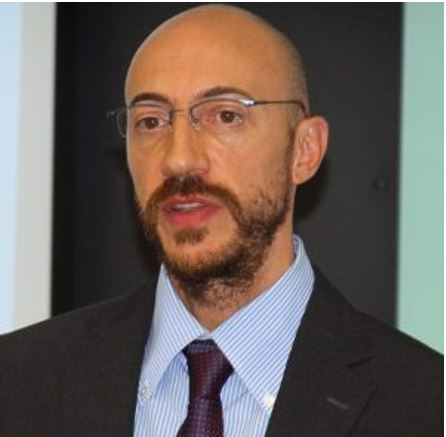 |
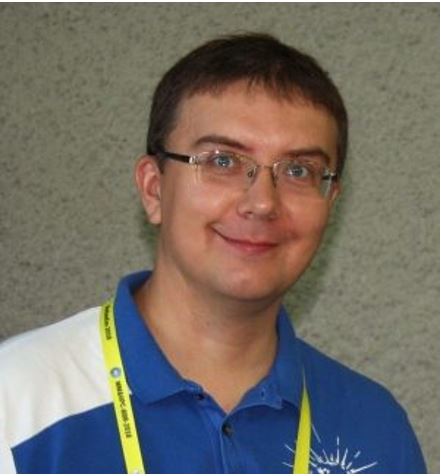 |
 |
| Matteo Barberis, University of Surrey, Guildford, UK |
Sergey Lashin, Institute of Cytology and Genetics of SB RAS, Novosibirsk, Russia |
Говорун Вадим Маркович, НИИ системной биологии и медицины Роспотребнадзора, Москва, Россия |
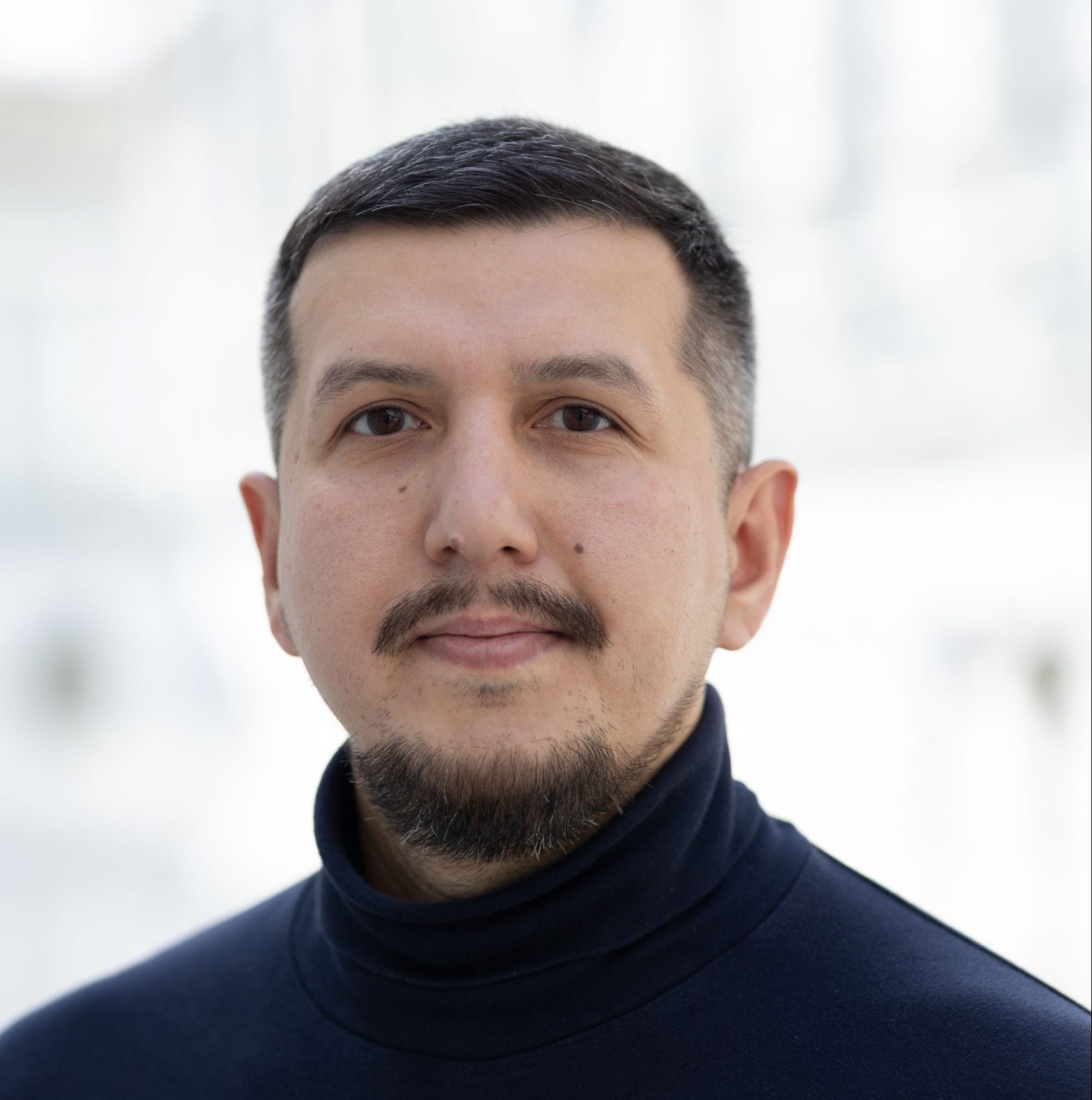 |
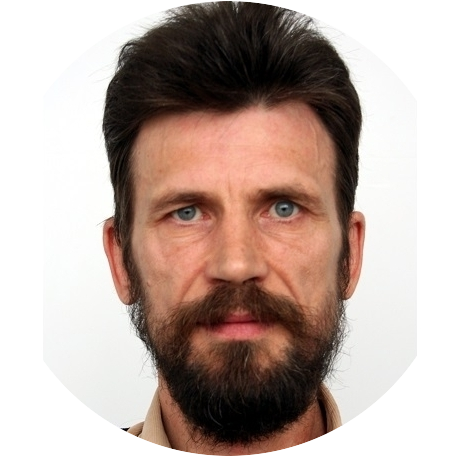 |
 |
| Ilya Akberdin, Biosoft.Ru; Institute of Cytology and Genetics of SB RAS; Novosibirsk State University, Novosibirsk, Russia; Sirius University, Sochi, Russia |
Vladimir Ivanisenko, Institute of Cytology and Genetics of SB RAS, Novosibirsk, Russia |
Ming Chen, Zhejiang University, Zhejiang, China |
 |
||
| Ralf Hofestädt, University of Bielefeld, Germany |
Section “Computational analysis and modeling of population,
ecological and genetics systems and processes”
The section “Computational analysis and modeling of population, ecological and genetic systems and processes” of the Symposium “Systems Computational Biology” covers issues in mathematical modeling and computational analysis of population, ecological, and genetic systems and processes. The main topics include:
- Modeling of evolutionary dynamics of populations and communities;
- Analysis of the sustainability of biological communities considering anthropogenic impacts and changes in the environment;
- Spatio-temporal dynamics of ecosystems;
- Population genetics and evolutionary processes.
We welcome both theoretical issues of modeling and practical applications for data analysis in population genetics, ecology, and evolutionary biology.
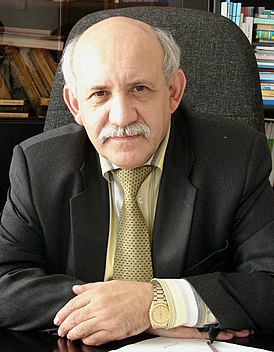 |
 |
| Efim Frisman, Institute for Complex Analysis of Regional Problems of FEB RAS, Birobidzhan, Russia |
Oksana Zhdanova, Institute of Automation and Control Processes, Vladivostok, Russia |
Section “Mathematical epidemiology”
Within the framework of section “Mathematical epidemiology” of the Symposium “Systems Computational Biology”, work on mathematical modeling of the spread of infections is welcomed, including such areas as:
- Continuous models of the spread of infectious diseases based on differential equations;
- Agent-based models of the spread of infectious diseases;
- Network models of the spread of infectious diseases;
- Population health dynamics models;
- Models of epidemiology of non-infectious diseases;
- Models and methods for assessing the effectiveness of anti-epidemic measures;
- Examples of field data and methods for obtaining biologically motivated values of parameters of models of epidemic processes;
- Problems of optimal management in healthcare, for the solution of which mathematical models have been or can be used;
- Artificial intelligence in modeling the spread of infectious diseases.
 |
 |
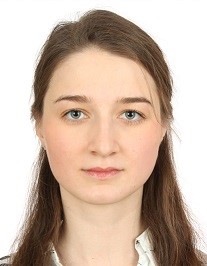 |
| Sergey Kabanikhin, Institute of Computational Mathematics and Mathematical Geophysics SB RAS, Novosibirsk, Russia |
Alexey Romanyukha, Marchuk Institute of Numerical Mathematics of the Russian Academy of Sciences, Moscow, Russia |
Olga Krivorotko, |

